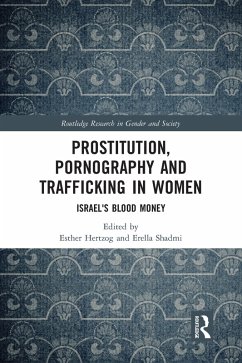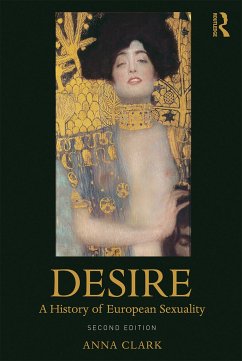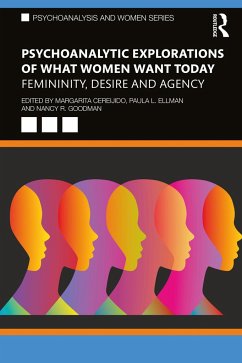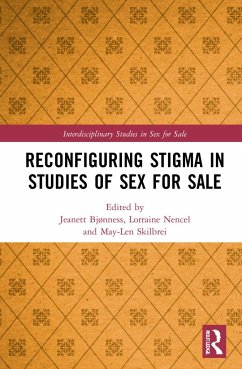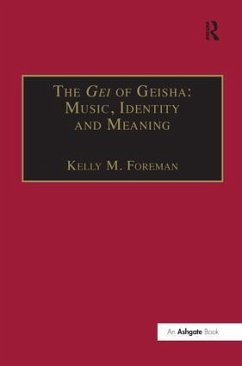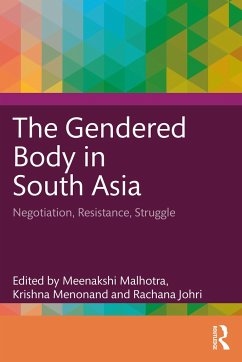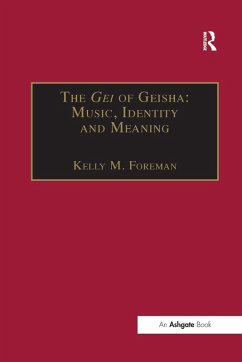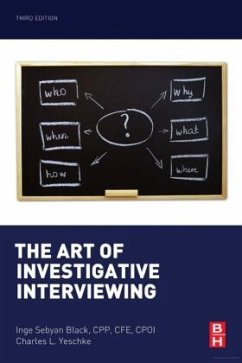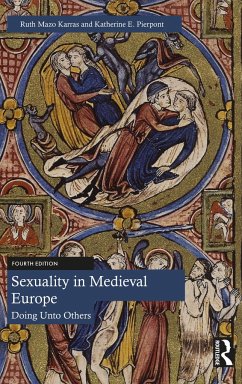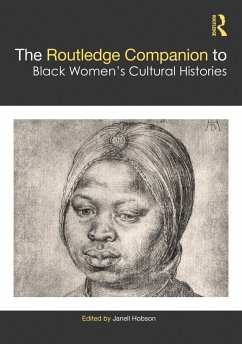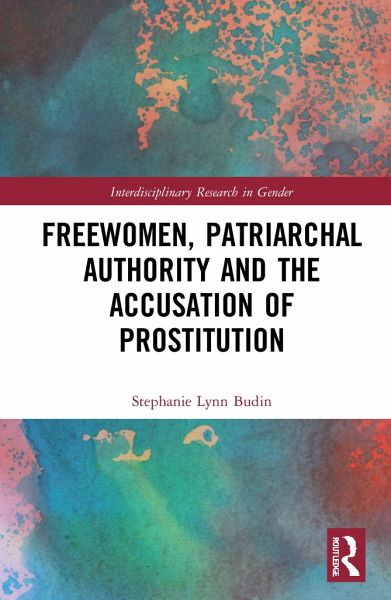
Freewomen, Patriarchal Authority, and the Accusation of Prostitution
Versandkostenfrei!
Versandfertig in 6-10 Tagen
43,99 €
inkl. MwSt.
Weitere Ausgaben:

PAYBACK Punkte
22 °P sammeln!
Examining freewomen in Mesopotamian society, ancient Greek hetaira, Renaissance Italy courtesans, historical and modern Japanese geisha, and the Hindu devadasi of India, Stephanie Lynn Budin makes a wide-ranging study of independent women who have historically been dismissed as prostitutes.The purpose of this book is to rectify a well-entrenched misunderstanding about a category of women existing throughout world history-women who were not (and are not) under patriarchal authority, here called "Freewomen." Having neither father nor husband, and not being bound to any religious authority monito...
Examining freewomen in Mesopotamian society, ancient Greek hetaira, Renaissance Italy courtesans, historical and modern Japanese geisha, and the Hindu devadasi of India, Stephanie Lynn Budin makes a wide-ranging study of independent women who have historically been dismissed as prostitutes.
The purpose of this book is to rectify a well-entrenched misunderstanding about a category of women existing throughout world history-women who were not (and are not) under patriarchal authority, here called "Freewomen." Having neither father nor husband, and not being bound to any religious authority monitoring their sexuality, these women are understood to be prostitutes, and the terminology designating them appears as such in dictionaries and common parlance. This book examines five case studies of such women: the Mesopotamian arimtu, the Greek hetaira, the Italian cortigiana "onesta", the Japanese geisha, and the Indian devadasi. Thus the book goes from the dawn of written history to the present day, from ancient Europe and the Near East through modern Asia, comparatively examining how each of these cultures had its own version of the Freewoman and what this meant in terms of sexuality, gender, and culture. This work also considers the historiographic infelicities that gave rise and continuance to this misreading of the historic and ethnographic record.
This engaging and provocative study will be of great interest to students and scholars working in Gender and Sexuality Studies, Women's History, Classical Studies, Ancient Near Eastern and Biblical Studies, Asian Studies, World Cultures, and Historiography.
The purpose of this book is to rectify a well-entrenched misunderstanding about a category of women existing throughout world history-women who were not (and are not) under patriarchal authority, here called "Freewomen." Having neither father nor husband, and not being bound to any religious authority monitoring their sexuality, these women are understood to be prostitutes, and the terminology designating them appears as such in dictionaries and common parlance. This book examines five case studies of such women: the Mesopotamian arimtu, the Greek hetaira, the Italian cortigiana "onesta", the Japanese geisha, and the Indian devadasi. Thus the book goes from the dawn of written history to the present day, from ancient Europe and the Near East through modern Asia, comparatively examining how each of these cultures had its own version of the Freewoman and what this meant in terms of sexuality, gender, and culture. This work also considers the historiographic infelicities that gave rise and continuance to this misreading of the historic and ethnographic record.
This engaging and provocative study will be of great interest to students and scholars working in Gender and Sexuality Studies, Women's History, Classical Studies, Ancient Near Eastern and Biblical Studies, Asian Studies, World Cultures, and Historiography.





